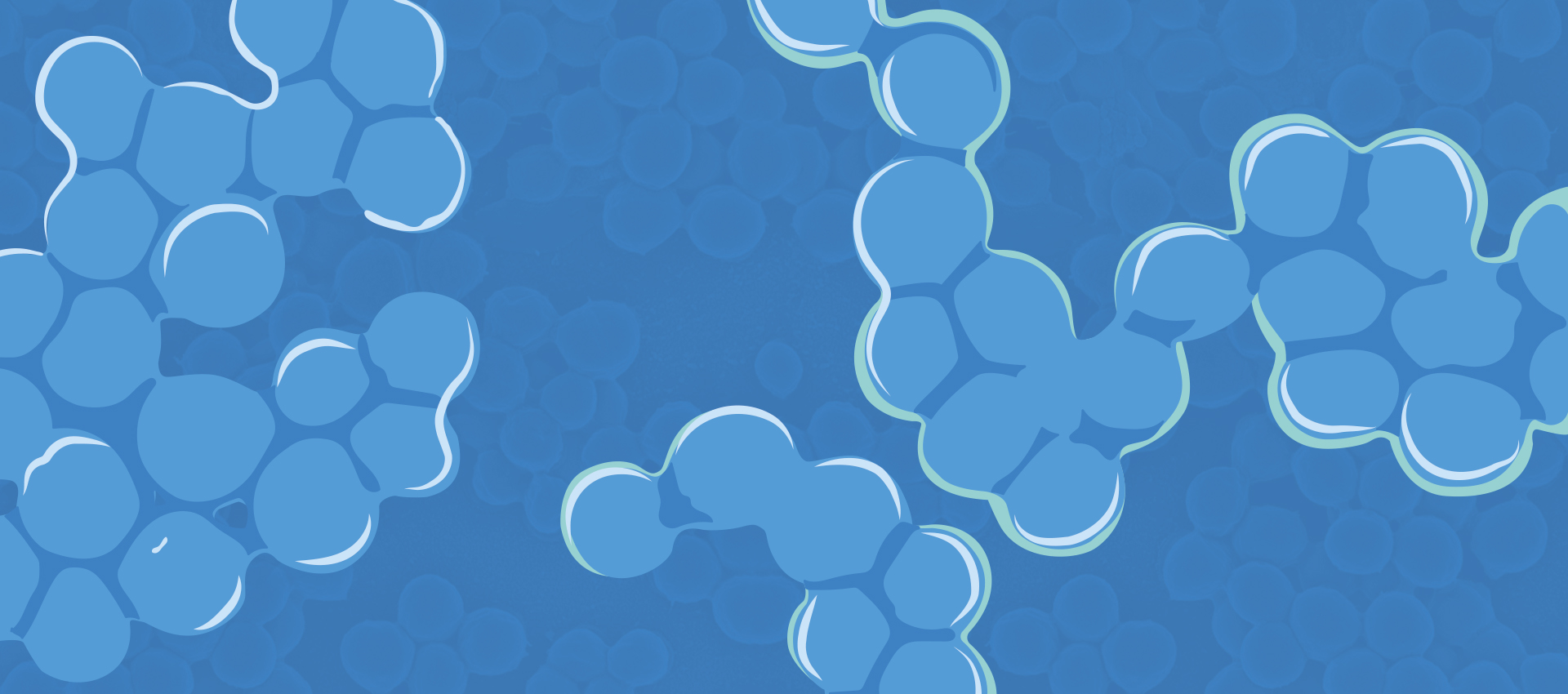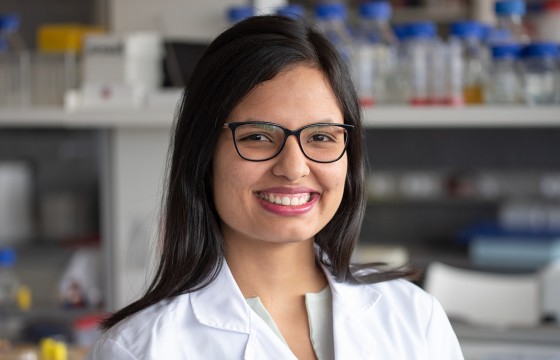
Liliana Andrea Morales will defend her doctoral thesis on Friday, February 17th.
Liliana Andrea Morales Laverde, predoctoral researcher at the Microbial Pathogenesis Unit from Navarrabiomed-IdiSNA will present her doctoral thesis in Biotechnology with international distinction by the Public University of Navarra on Friday, February 17th. The event will start at 11:00 am in the assembly hall of Navarrabiomed.
The doctoral thesis, which is entitled “Analysis of the association between polymorphisms in intergenic regions of Staphylococcus aureus genes involved in biofilm formation and periprosthetic joint infections”, has been developed at Navarrabiomed under the direction of the doctors Iñigo Lasa Uzcudun, principal investigator of the Microbial Pathogenesis Unit and Cristina Solano Goñi, a researcher from the same unit.
Research development
Staphylococcus aureus it is the microorganism that is most often found causing infections associated with medical devices. Currently, the sequencing of bacterial genomes makes it possible to identify associations between genetic variations and specific phenotypes; however, changes in intergenic regions have received little attention since they are numerous and their effect is difficult to determine. During her doctoral thesis, Liliana focused on analysing the role of intergenic variations in genes that encode important elements in the pathogenesis of infections associated with medical devices, in clinical isolates of infections associated with prostheses and wounds.
The results show that variations in intergenic regions of genes encoding surface adhesins, mediating the initial adhesion to medical surfaces, are characteristic of the clonal complexes and generate significant changes in the expression levels of the adhesins. On the contrary, the intergenic regions of the operon icaADBC responsible for the synthesis of the polysaccharide PIA/PNAG, the main component of the biofilm matrix, are highly conserved and variations in these regions do not have an effect on expression levels. These results suggest that genome analysis should consider intergenic regions as an important source of phenotypic variability between clinical isolates.
On the other hand, during her thesis, Liliana developed a metagenomics methodology, based on amplicon sequencing, to simultaneously identify and quantify different strains of Staphylococcus aureus in a murine catheter coinfection model. This methodology allowed to identify significant differences in the adhesion and colonisation capacity of the isolates and, it is anticipated, will be very useful in identifying competitive advantages between closely related clinical isolates.
The research presented has been developed at Navarrabiomed and has had the collaboration of Dr. Margarita Trobos and the Department of Biomaterials of the University of Gothenburg, an institution where the doctoral student also completed a research stay from May to August 2022.
Financing and dissemination of results
For the development of the thesis, Liliana has had a predoctoral grant from the IberusTalent programme co-financed by the European Union as part of the Marie Sklodowska ‐Curie H2020 and the Public University of Navarra. Research has further received funding through the calls for Aid to R&D&i projects 2017 of the Ministry of Economy, Industry and Competitiveness and Aid to R&D&i projects 2020 of the Ministry of Science and Innovation.
The results of this thesis are published in the following journals Microorganisms and Biofilm, and have been presented in different scientific forums: Eurobiofilms Mallorca 2022, 31st European Congress of Clinical Microbiology 2021 (online) & Infectious Diseases (ECCMID), XXVIII Congress of the Spanish Society of Microbiology (SEM) 2021 (online), Jaca Doctoral Conference 2021 and Biofilms9 (online) 2020.


